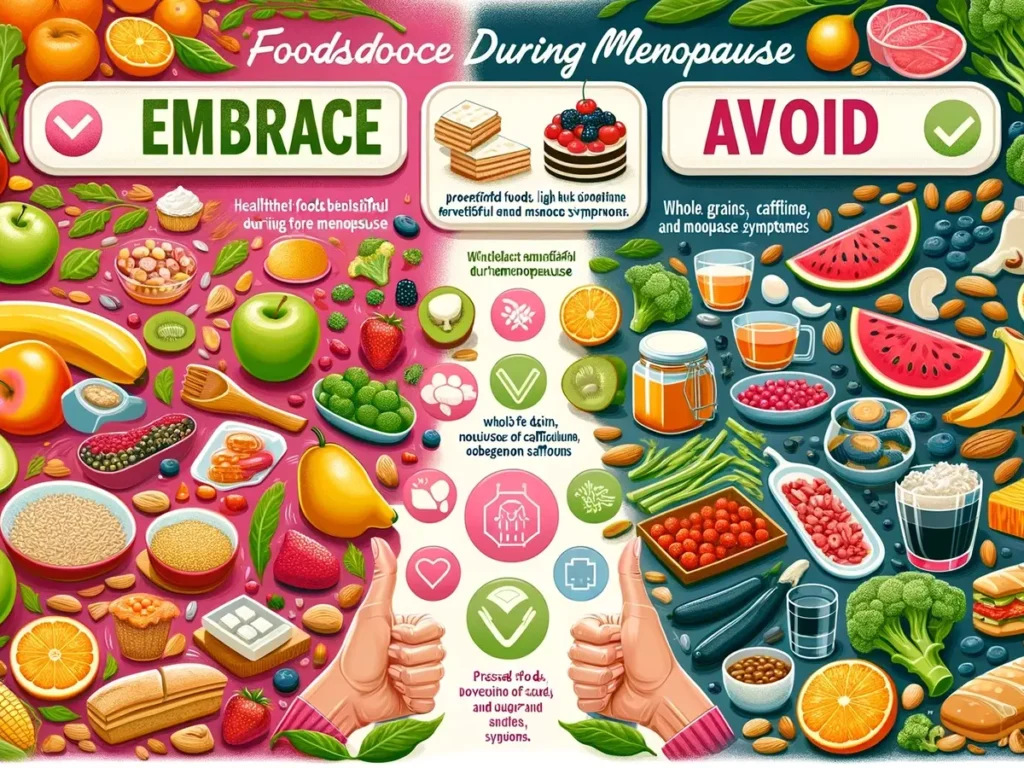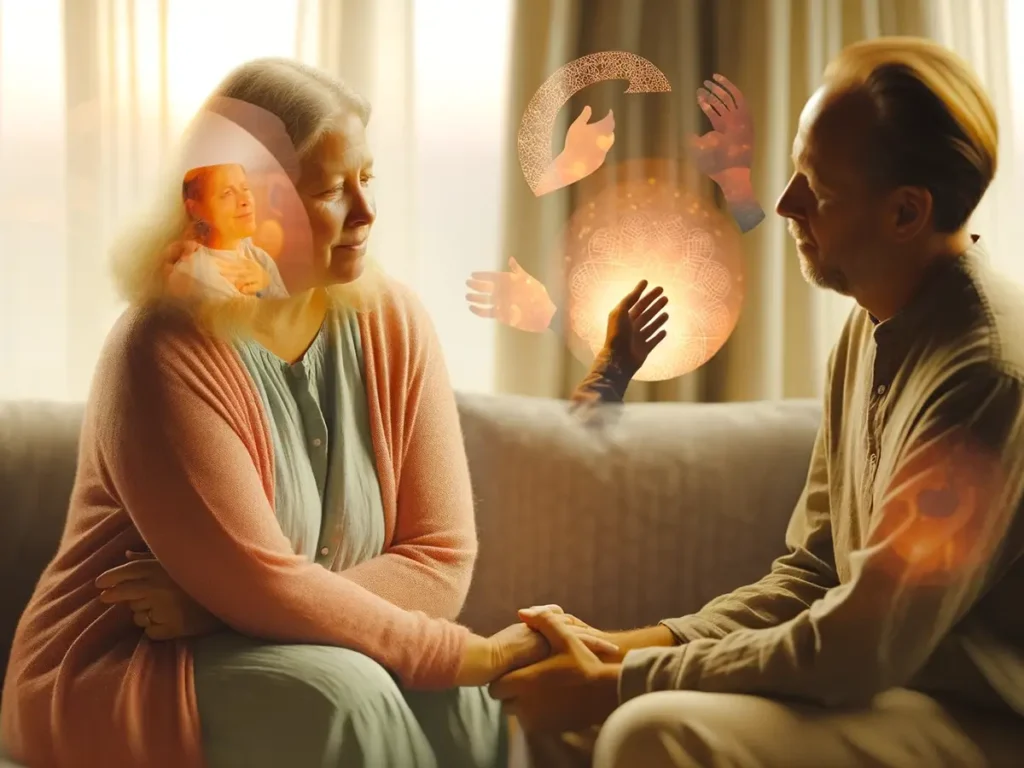Menopause is a natural phase in every woman’s life, marking the end of their reproductive years. While it is a normal process, menopause brings about a range of physical and emotional symptoms that can be challenging to cope with. Hot flashes, mood swings, sleep disturbances, and anxiety are just a few examples of the symptoms women may experience during this time.
The Benefits of Meditation and Mindfulness
In recent years, meditation and mindfulness practices have gained significant attention for their potential in alleviating menopausal symptoms. These practices involve training the mind to focus on the present moment, allowing individuals to cultivate a sense of calm and balance amidst the changes in their bodies.
Research has shown that meditation and mindfulness can have a positive impact on various menopausal symptoms. Here are a few ways in which these practices can help:
1. Reducing Hot Flashes
Hot flushes are one of the most common and bothersome symptoms of menopause. They can disrupt sleep, cause discomfort, and affect daily activities. By practising mindfulness meditation, women may experience decreased frequency and intensity of hot flashes. Mindfulness helps individuals become more aware of their body sensations and can teach them to respond to hot flashes with acceptance and non-reactivity.
2. Managing Mood Swings
Mood swings are another common symptom experienced during menopause. Fluctuating hormones can lead to irritability, anxiety, and even depression. Meditation and mindfulness can help women regulate their emotions by teaching them to observe their thoughts and feelings without judgment. By cultivating a sense of detachment and acceptance, women can better manage their mood swings and reduce emotional distress.
3. Improving Sleep Quality
Sleep disturbances are prevalent among menopausal women, often due to night sweats, anxiety, or hormonal changes. Regular meditation practice has been shown to improve sleep quality and reduce insomnia symptoms. By incorporating mindfulness techniques into their bedtime routine, women can create a sense of calm and relaxation that promotes better sleep.
4. Enhancing Overall Well-being
Menopause is a time of transition that can bring about feelings of uncertainty, loss, and decreased self-esteem. Meditation and mindfulness can help women navigate these changes by promoting self-compassion, self-awareness, and self-acceptance. These practices can enhance overall well-being and provide women with a sense of empowerment during this transformative phase of life.
Getting Started with Meditation and Mindfulness
If you’re interested in incorporating meditation and mindfulness into your menopause journey, here are a few tips to help you get started:
- Start with short sessions: Begin with just a few minutes of meditation each day and gradually increase the duration as you become more comfortable.
- Find a quiet space: Choose a peaceful environment where you can sit comfortably and without distractions.
- Focus on your breath: Use your breath as an anchor to the present moment. Observe each inhalation and exhalation, allowing thoughts to come and go without judgment.
- Be patient and kind to yourself: Remember that meditation is a practice, and it’s expected to have a wandering mind. Treat yourself with compassion and approach your practice with curiosity and openness.
Remember, meditation and mindfulness are not quick fixes, but with consistent practice, they can become valuable tools in managing menopausal symptoms. Embrace this opportunity to connect with yourself deeper and find peace amidst the changes.






